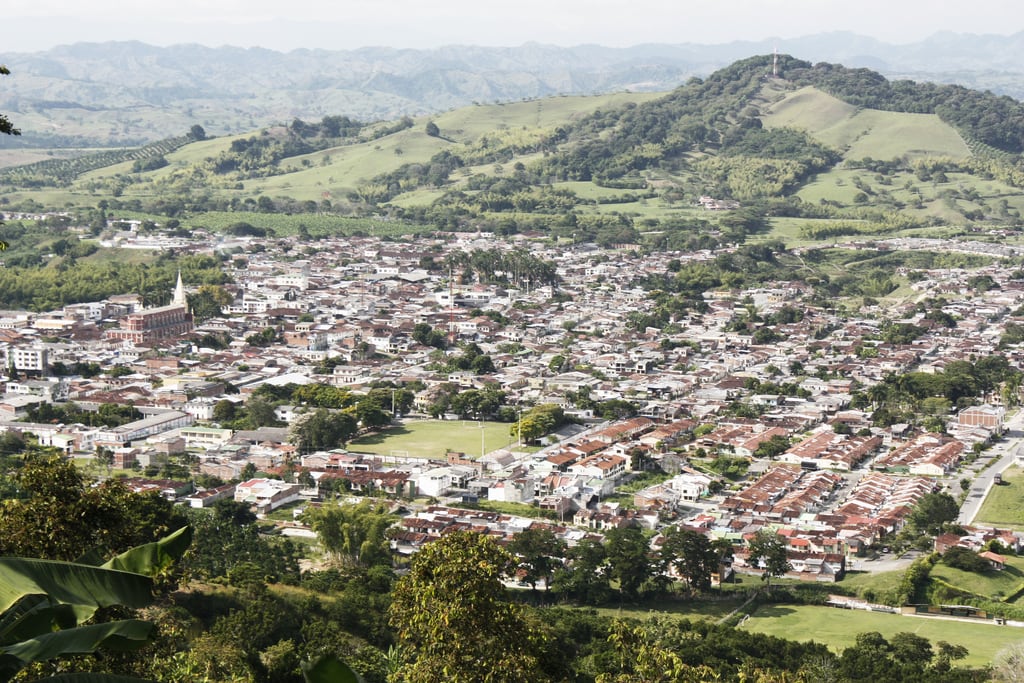In Colombia, where the statute of limitations for crimes against journalists often results in journalists' murders expiring, unsolved, the recent murder of newspaper vendor José Darío Arenas in broad daylight has inspired outrage and calls for action from IFEX members.
In Colombia, where the statute of limitations for crimes against journalists has resulted in four journalists’ murders expiring, unsolved, in 2013, the recent murder of newspaper vendor José Darío Arenas in broad daylight has inspired outrage and calls for action from local, regional and international IFEX members.
According to the Foundation for Press Freedom (FLIP), at around 8:00 a.m. on 28 September 2013, Arenas, the only vendor in Caicedonia, Valle del Cauca province, selling the EXTRA del Quindío newspaper, started his work day, as usual, by reading out the top news headlines from the region.
On that day the top story was about complaints by relatives of Caicedonia prison inmates, who said they had been mistreated by guards under the authority of the National Penitentiary and Prison Institute (Instituto Nacional Penitenciario y Carcelario, INPEC). After selling a few copies of the paper, Arenas was approached by his killers, who shot him repeatedly, killing him in the street.
The Committee to Protect Journalists (CPJ) reported that the top story that day was written by Andrés Mauricio Osorio, but that the idea for the story had come from Arenas himself, who had helped Osorio find sources and take photographs for the article. Osorio also told CPJ that Arenas regularly collaborated with the paper in addition to being a vendor, because the paper had no permanent reporter in Caicedonia.
Sources in the region, who requested anonymity, said that one of the main theories for the motive behind the shooting was the top story. The Inter American Press Association (IAPA) reported that a source from EXTRA del Quindío said that Arenas had received an anonymous threat warning him not to publish it.
The story cited José Daniel Ocampo, a vendor on the prison grounds, as saying he knew about certain incidences of misconduct by the prison guards. FLIP reported that soon after Arenas was shot, Ocampo received the message “first one down” in an anonymous phone call.
According to Reporters Without Borders (RSF), the slowness of legal proceedings in Colombia is, in part, responsible for the statute of limitations expiring in so many of these cases, and this has resulted in a high level of impunity in the country. The group reported that the day Arenas was killed was also the 20th anniversary of the murder of radio journalist Manuel José Martínez Espinosa. It has now been added to the growing list of crimes against journalists that remain unsolved in the country.
The murder of Arenas and the threat to one of his sources has raised concerns for the safety of the reporters who worked on the Caidedonia prison article. For this reason, FLIP is not only calling for a prompt and exhaustive investigation into the murder, but also for safety mechanisms to be put in place to protect other reporters and their sources.
Added RSF, “The murder of this newspaper seller is a cruel reminder that the lives of all those involved in news and information in Colombia are at risk, whether journalists, media workers or community broadcasters”.



